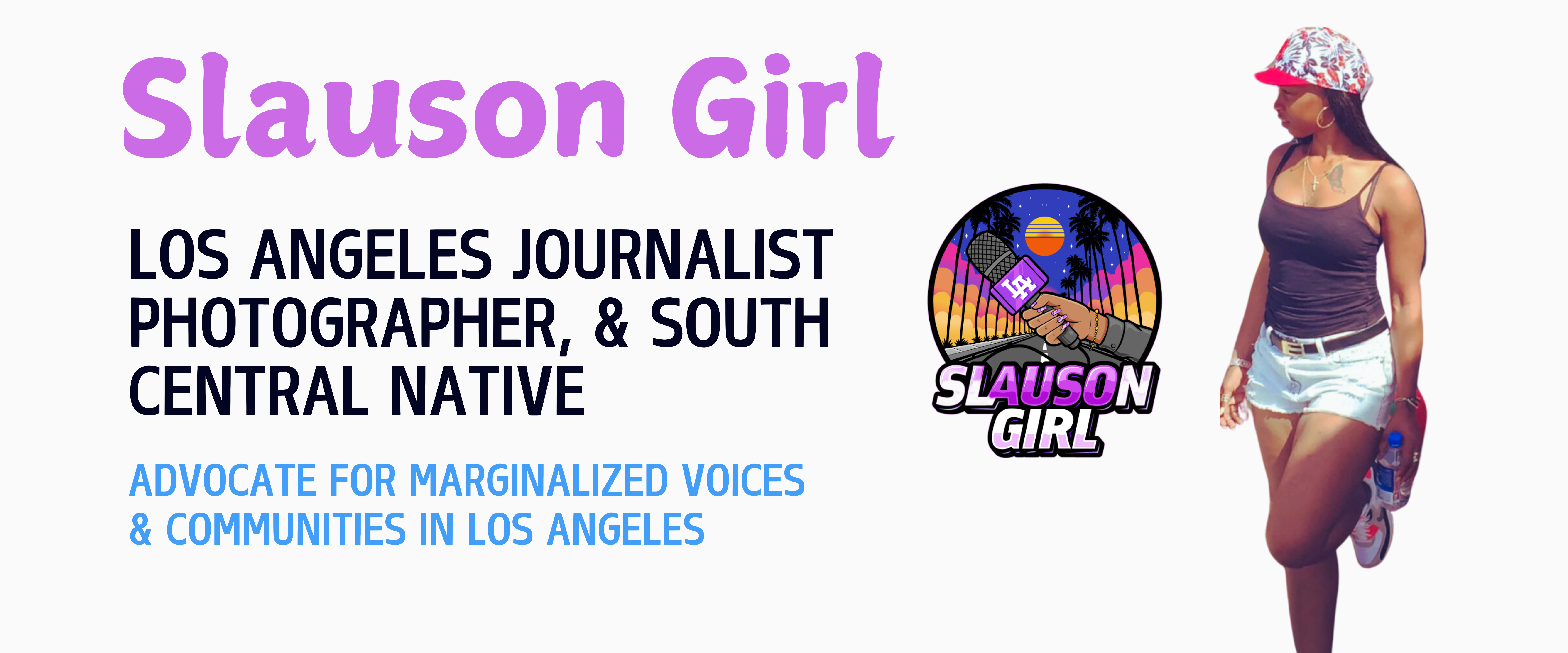
South Central, Los Angeles—The circumstances surrounding Los Angeles City Councilman Curren Price is deeply unfortunate, particularly when viewed in the context of Black political representation in Los Angeles.
According to the Los Angeles District Attorney’s Office, Price is facing 10 charges including perjury and embezzlement. The charges stem from payments his wife received between 2019 and 2021 from developers before he voted to approve projects. He is also accused of failing to list the money his wife received on government disclosure forms.
LISTEN: Slauson Girl Speaks With General Jeff on the Homeless Industrial Complex in Los Angeles
Price has expressed his determination and focus on confronting the charges brought against him. This latest development adds yet another blow to an already concerning landscape, where the issue of gentrification and anti-Black racism has led to widespread displacement within Black Los Angeles.
While I do hope there is positive resolve in his case, my focus and interest is more on the future political leadership and trajectory of South Central (and the larger 9th District) following Price leaving office. Whether that is at the end of his term in 2026, or earlier due to court proceedings.
As someone who was born and raised in South Central, Los Angeles, I am well aware of the changing demographics of my inner city community. It makes sense that first generation immigrants from the Latino community want to test their hand in the political arena, and bring the issues of their communities to the forefront of L.A politics.
It is disheartening, however, to observe a recurring trend where the issues faced by the Black community are often ignored or downplayed, with the blame placed on the percentage of African-Americans in Los Angeles in comparison to other communities.
This oversimplification overlooks the complex factors that have contributed to the displacement and marginalization of Black people in L.A.
Much of this displacement is due to institutional racism and covert anti-black sentiments that are embedded in Los Angeles’ fabric.
In 2022, the absence of Latina women from South Central on the ballot created an opportunity for another Latina candidate to challenge Price for the CD9 seat. However, concerns arose regarding her apparent sense of entitlement to the city council seat, despite not actually being from the CD9 community.
Read More: Black & Homeless: Los Angeles Needs To Commit To Dismantling Anti-Black Racism
Some criticized her perceived arrogance, as she seemed to rely solely on her status as an undocumented Latina, attempting to appeal to the significant Latino population in South Central, without truly understanding the unique needs and experiences of the community.
Price has not yet been arraigned in court for the charges he is facing. In the meantime, a younger Latina, who has unsuccessfully attempted to collect the required signatures for the ballot in past term elections, organized a small protest in front of Price’s office on Juneteeth.
It is worth noting that her protest seemed to prioritize her personal agenda, as she did not demonstrate the respect to choose a different day for organizing the protest. One that was not recently designated as a federal holiday, commemorating the freedom of African-American slaves in Galveston, Texas.
Non-Black people and politicians of color enjoy a significant level of privilege as they can focus solely on advocating for the needs of their specific communities, whereas Black politicians face the pressure to be more inclusive and address the concerns of diverse demographics.
Unfortunately, this often results in the needs of the Black community being overlooked.
Black politicians strive to avoid appearing too “radical” and potentially alienating voters. Meanwhile, non-Black politicians receive praise for fearlessly advocating for their community, and are not forced to consider the challenges faced by African-Americans.
As non-Black POC groups mobilize their voting power to secure seats on the L.A. City Council, the plight of the Black community remains sidelined, hindering progress towards addressing systemic inequities that have plagued our communities for decades.
It is crucial to acknowledge the multifaceted challenges faced by the community of District 9. We need someone that will work towards creating spaces and policy that prioritize the concerns of Black Angeleno’s and promote genuine inclusion.



